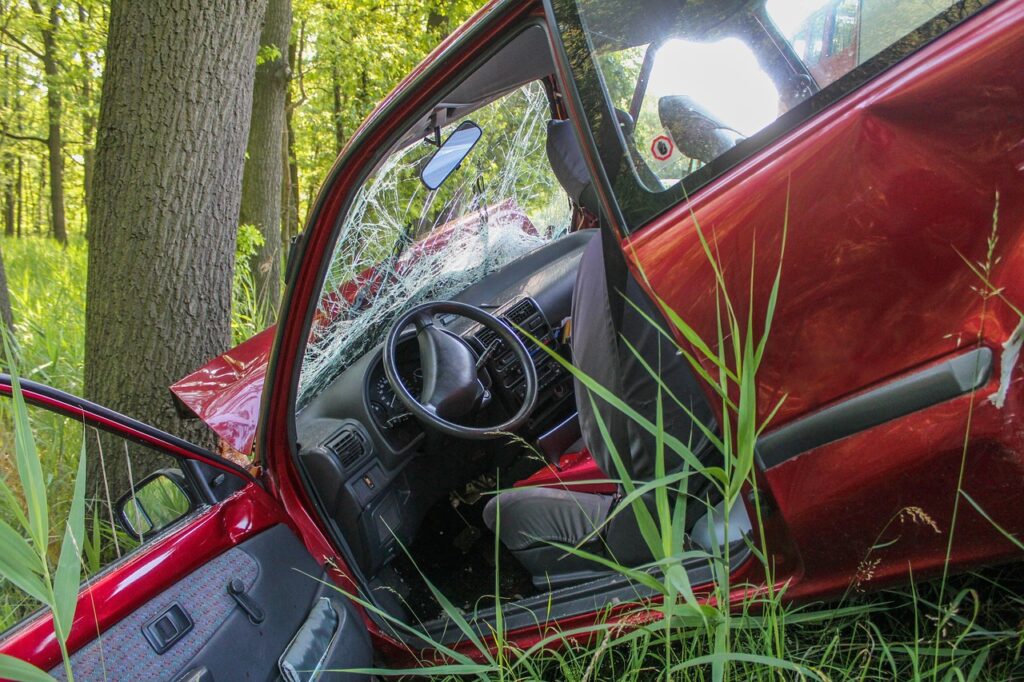Car accidents can be stressful and costly, especially when it comes to determining who pays for the damages. In Florida, the insurance system follows a unique structure that affects how accident claims are handled. Understanding whose insurance covers a car accident in Florida is essential for drivers to navigate the legal and financial implications of an accident.
Understanding Florida’s No-Fault Insurance System
Florida operates under a no-fault insurance system, which means that each driver’s insurance covers their own medical expenses and damages, regardless of who caused the accident. This is different from at-fault states, where the responsible party’s insurance pays for damages.
Personal Injury Protection (PIP) Coverage
Under Florida law, all drivers must carry Personal Injury Protection (PIP) coverage as part of their auto insurance policy. PIP covers:
- Medical expenses (up to 80% of necessary medical costs)
- Lost wages (up to 60% of lost income due to injury)
- Death benefits ($5,000 for funeral expenses)
The minimum PIP coverage required in Florida is $10,000, but some drivers opt for higher coverage limits.
Property Damage Liability (PDL) Coverage
In addition to PIP, Florida drivers must also have Property Damage Liability (PDL) coverage. This pays for damage to another person’s property (such as their vehicle) if the policyholder is at fault in an accident. The minimum PDL coverage required in Florida is $10,000.
When Does the At-Fault Driver’s Insurance Pay?
Although Florida is a no-fault state, there are exceptions where the at-fault driver’s insurance may be responsible for damages. These include:
1. Serious Injury Cases
If the accident results in serious injuries, the victim can step outside the no-fault system and file a claim against the at-fault driver. Serious injuries typically include:
- Permanent disfigurement
- Significant and permanent loss of bodily function
- Permanent injury (as determined by a medical professional)
2. Exceeding PIP Coverage Limits
If medical expenses exceed the $10,000 PIP coverage, the injured party may sue the at-fault driver for additional compensation. In such cases, the at-fault driver’s Bodily Injury Liability (BIL) coverage (if they have it) would apply.
What if the At-Fault Driver is Uninsured?
Even though Florida requires drivers to have insurance, some still drive without coverage. If an uninsured driver causes an accident, the injured party may rely on their own Uninsured/Underinsured Motorist (UM/UIM) Coverage—if they have purchased this optional policy.
What UM/UIM Covers:
- Medical expenses exceeding PIP coverage
- Lost wages
- Pain and suffering
- Future medical costs
Who Pays for Vehicle Repairs?
Unlike medical costs, vehicle damage does not fall under PIP. Instead, the following options apply:
1. The At-Fault Driver’s PDL Insurance
If another driver caused the accident, their Property Damage Liability (PDL) insurance will cover repair costs up to their policy limits.
2. Your Own Collision Coverage
If you have collision coverage, your own insurance will pay for your car repairs, regardless of fault. This can be useful if the other driver is uninsured or underinsured.
3. Out-of-Pocket Expenses
If neither driver has sufficient coverage, repairs may need to be paid out of pocket. However, legal action can be taken to recover costs from an at-fault driver.
Steps to Take After a Car Accident in Florida
- Check for Injuries – Seek medical attention if necessary.
- Report the Accident – Call law enforcement and file a report.
- Exchange Information – Collect details from the other driver, including insurance information.
- Document the Scene – Take photos of the vehicles, road conditions, and any visible injuries.
- Notify Your Insurance Company – File a claim with your insurer as soon as possible.
- Consult an Attorney – If injuries are severe or liability is disputed, consider speaking with a personal injury attorney.
Conclusion
Determining who pays for a car accident in Florida depends on the state’s no-fault insurance laws and the specifics of the accident. While PIP covers medical expenses regardless of fault, property damage is handled differently. Understanding your insurance coverage and legal rights can help ensure a smoother claims process in the event of an accident.
References
- Florida Department of Highway Safety and Motor Vehicles. “Florida Insurance Requirements.” www.flhsmv.gov
- Insurance Information Institute. “How No-Fault Insurance Works in Florida.” www.iii.org
- Florida Bar Association. “Personal Injury Laws in Florida.” www.floridabar.org
For more insights on insurance and legal topics, visit NarkiHub!
